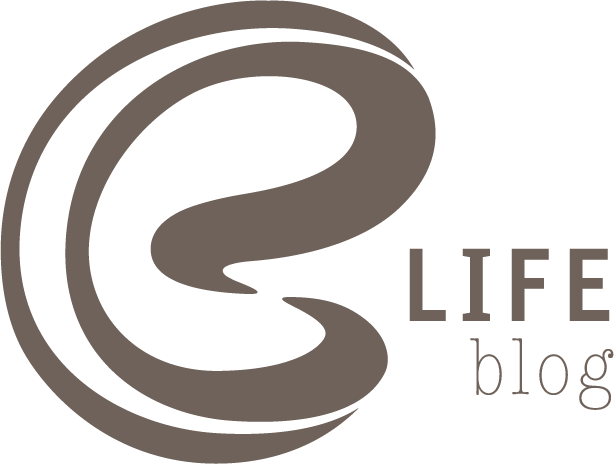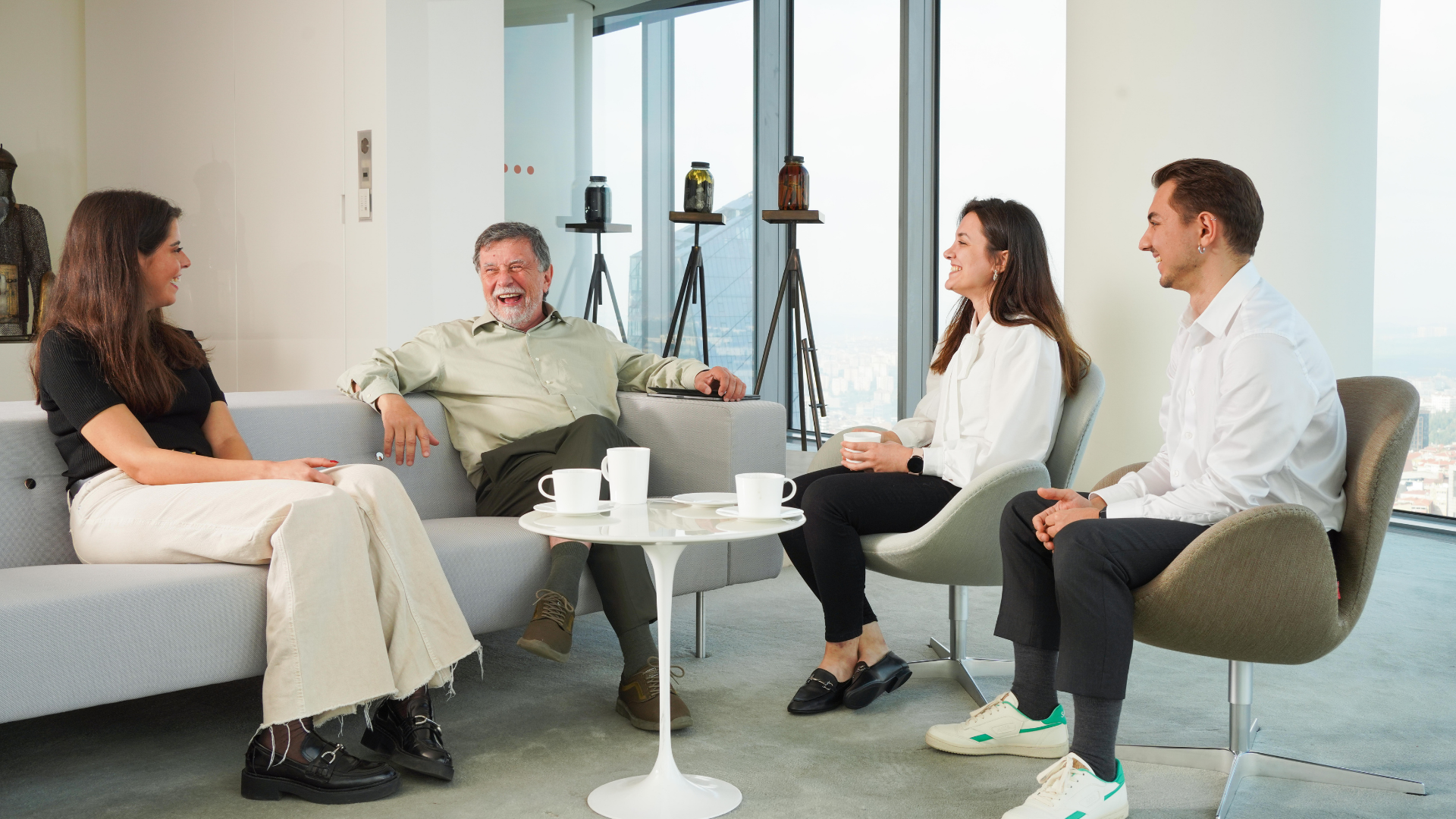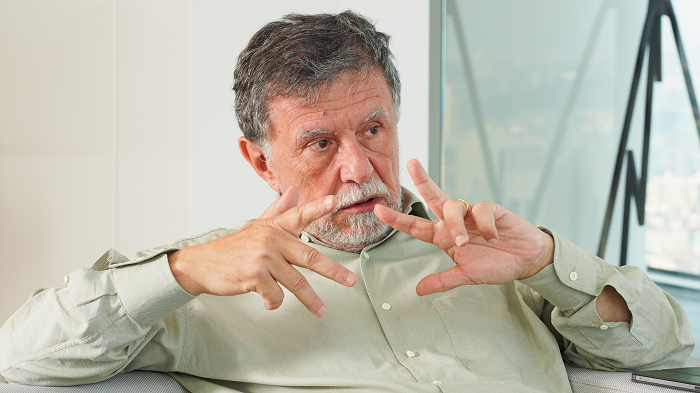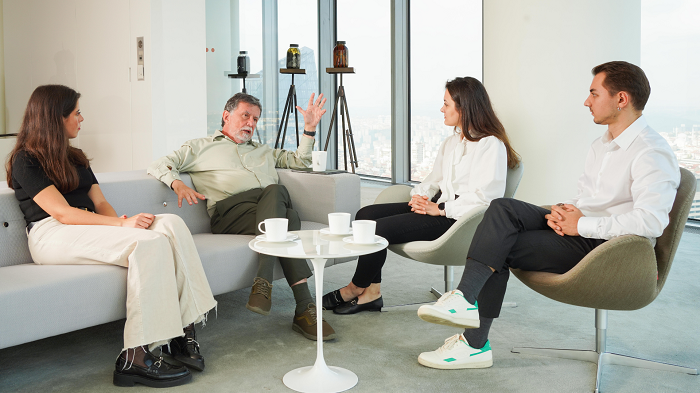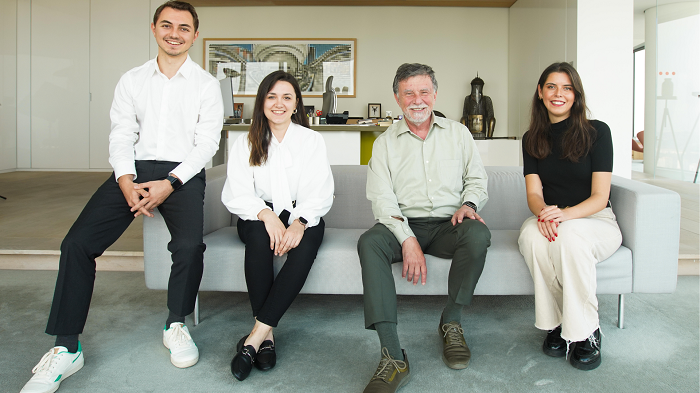As part of our Bridging Generations series, Faruk Eczacıbaşı was joined by three young Eczacıbaşı talents to discuss the winds of change that define our world today, in a time he calls the “Age of Disruption.” He provided detailed answers to insightful questions from Elif Sert, Assistant Production Specialist at Eczacıbaşı-Monrol, Kaya Aytuğ Demiral, Assistant Sustainability Specialist at Eczacıbaşı Holding and Naz Uzunel, Senior Specialist at Eczacıbaşı Building Products.
Naz Uzunel: You have described the post-1989 period as an Age of Disruption. Indeed, we see that rapid change is a feature of this time. Do you think the pace at which companies are adapting to change is sufficient or fast enough?
The short answer to this question is “No!” Change continues and is accelerating. The average age of today’s global political leaders is over 60 years, compared to the general population’s, which is around 30 years. The decision-makers are not the same people as those who are able to internalize change. The solution to this might lie in transforming corporate cultures, by transitioning from hierarchical structures to network structures.
I think that one of the most influential conceptual tools for managing and adapting to the speed of change is “networking”. What I mean by networking is not getting to know more people, I'm talking about accessing more diverse information. In our day, it was very important to have information, because information was power and thus the key to an individual’s success. I think the biggest difference between your era and ours is that we relied on the information we had and managed to live accordingly, whereas you are interested in where to access information and how to use it, rather than just holding on to it. The younger generation is maturing with this consciousness, and this shift is pushing people to work together in a network environment rather than act as individuals. It strengthens the interaction between people by increasing connections. In the past, how a job should be done was clearly outlined within a hierarchical structure. Today, however, the way a job is done can vary according to an individual's own competencies. I think the Eczacıbaşı Group has adapted remarkably well to the process I am talking about. Our generation of managers has a culture that can manage change and is shaping this culture every day. On the other hand, we see that our Group’s managers are getting younger. Knowing the value of experience, we combine experience with the tools that technology offers us.
Elif Sert: Sometimes, I think we get stuck on some steps as we engage in change. As a chemical engineer, I am reminded of a law that applies to real life too: It’s the slowest step of a chemical reaction that determines the speed at which the overall reaction proceeds. I liken it to the saying that "the strength of a chain is only as powerful as the strength of its weakest link." What do you think determines the speed of change?
I believe that the speed of change is determined by the network structure. You're a chemical engineer. I'm not an engineer, but as far as my knowledge of chemistry goes, in this example we're talking about a chain going from A to D, right? A little differently from chemistry, another approach might be something like “Do we have alternative routes to get from A to D?" I’m talking about the ability to view the entire process from different perspectives... I call it “disruption." In other words, this is a dynamic that disrupts a person's habits and propels them from one point to another. To give you some tangible examples, in the past we got the news from newspapers and television programs. But now we have social media, which is a brand-new communication channel. Where previously journalists used to communicate, now everyone is communicating.
I think that when heading from point A to point D, we should question whether one has to pass points B and C. I believe that you, the younger generation, will much better at doing just that.
Kaya Aytuğ Demiral: I also want to ask a question about the Age of Disruption. What opportunities will the twin transitions of digitalization and green transformation offer in your opinion? Can digital technologies provide the tools needed to accelerate the green transformation?
On the one hand, we have the current state of the world, and on the other, we have utopian ideas about the world we want to live in. As these two states drift further apart, the tensions we experience increase. In fact, the world as a whole is experiencing the same tension. Almost eighty percent of the problems that countries experience are the same, while the remaining twenty percent vary according to geography, culture, and management. For my part, sustainability is at the heart of my utopian world. If we want to construct a worldview based on what is good, sustainability needs to be the mindset that guides our lives. Technology is a tool that serves this vision. Technology is good if you use it for good, bad if you use it for evil. We see the extent to which the power of technology has made a difference in every aspect of our lives. If the right systems can be established, technology can solve all of the planet’s problems such as energy, air pollution and global warming.
Kaya Aytuğ Demiral: I want to say the following about the culture of sustainability: In the Eczacıbaşı Group, sustainability is not limited to colleagues who specifically have that responsibility. There’s a concerted push for our entire Group to adopt this mindset.
This is exactly the right approach! Sustainability is not just something which is a “nice to have.” It is a very complex concept with social, environmental, and managerial aspects, touching both our businesses and private lives. Every decision we make from the moment we begin our day onwards has an impact on sustainability, so a sustainability mindset should permeate our lives thoroughly. We need all kinds of ideas to develop this extremely important concept.
Naz Uzunel: At the beginning of our conversation, we talked about the accelerating pace of change. Even my generation, which was born in the digital world, finds it very difficult keep up with change. What would you recommend we do to keep pace?
A very good question: I also think about this from time to time. I believe defining yourself correctly comes first. There are three important issues here: mindset, the tools we use, and our skills... I believe that if you define the areas you are good at, identify your skills correctly, and determine the tools you need accurately, there’s nothing in the world that you cannot achieve. Let's say you're very good at mathematics, you play the guitar, and you speak Spanish... decide if there's an intersection point between these three areas, and drill down on it. Because that’s “your niche.” What you can achieve with your unique skills, how you can make a difference, these are are what you should focus on! Otherwise, we all see an endless number of options.. What you focus on will change your world. The power that you possess is far greater than you imagine.
Faruk Eczacıbaşı: Do you think there’s a mechanism in the Eczacıbaşı Group whereby different generations can communicate and pass on their experience?
Elif Sert: I think Eczacıbaşı-Monrol does have this. As you know, we have “tribes.” We form tribes to meet colleagues from different management levels, listen to each other and try to find solutions to problems. Through tribes, we can share our experiences with one another very easily.
Naz Uzunel: I also think that there’s a mechanism like this at Eczacıbaşı. We are in constant communication with our managers, with whom we work on a one-on-one basis and who tend to be drawn from Gen Y. Thanks to these encounters, we have strengthened our communication.
Kaya Aytuğ Demiral: I agree, but I think there’s room for improvement. We need to create environments or ecosystems where young employees and managers from different teams can come together more frequently.
Faruk Eczacıbaşı: I absolutely agree. Sometimes you run to catch up with the person walking in front of you, but the more you run, the further away that person gets. The generation gap has always existed. And it’s not likely to get narrower.
